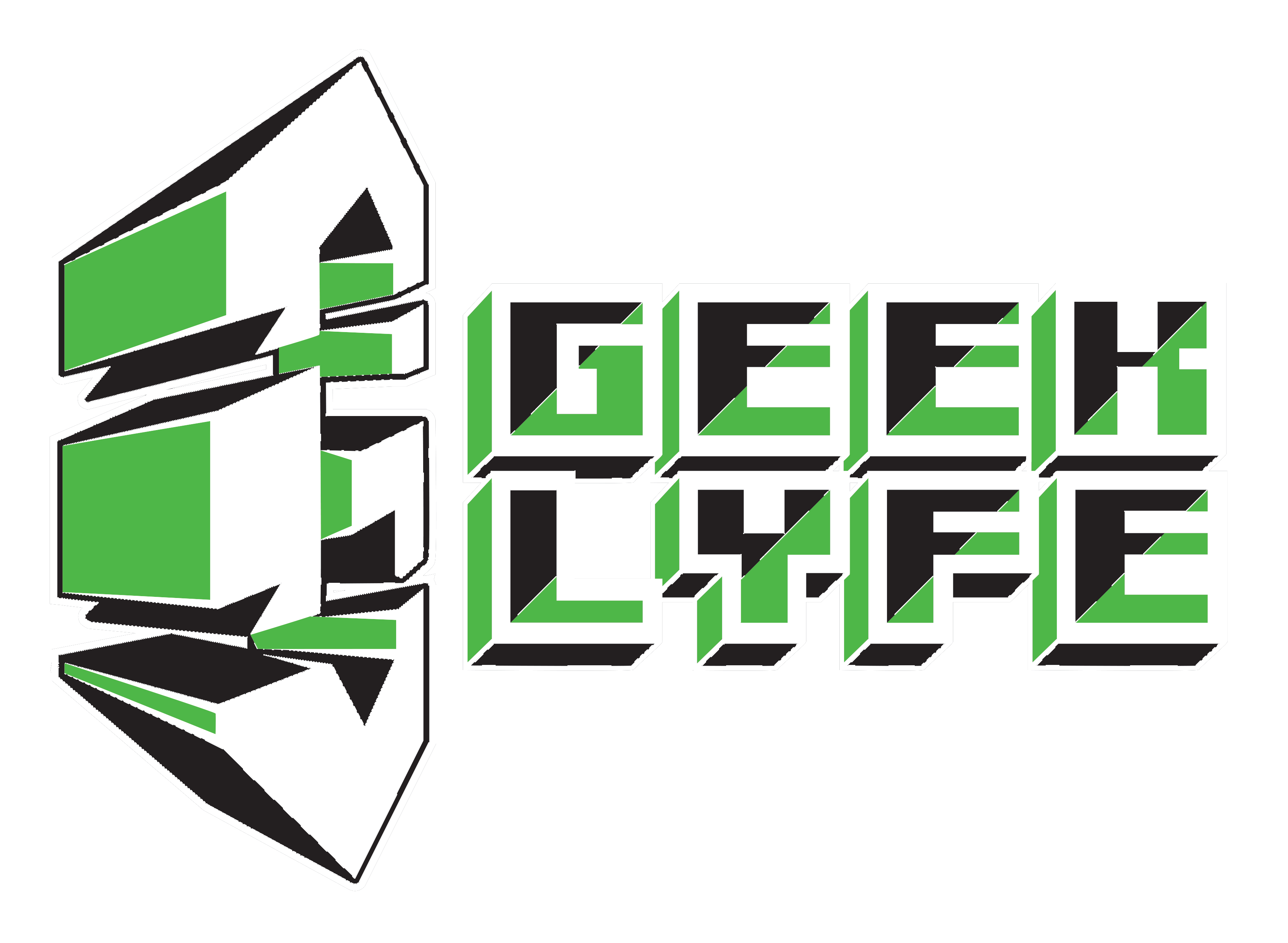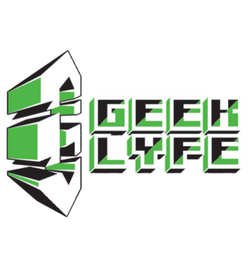Can The DC Cinematic Universe Benefit From Marvel’s Success?

 Can The DC Cinematic Universe Benefit From Marvel’s Success?
Can The DC Cinematic Universe Benefit From Marvel’s Success?
Batman vs. Superman: Dawn of Justice is just around the corner, and I can’t help but feel excited for it. I remember, as a kid, watching Tim Burton’s 1989 Batman and Christopher Reeve’s portrayal of Superman back to back and thinking how cool it would be to see a mashup of the two. This fascination followed me throughout my life and, in many ways, shaped my childhood. I used to act out what I thought their on-screen encounter would look like with toys. Nevermind that I didn’t have very good Batman or Superman figures, so I’d tie a little cape around a Wolverine and a red Power Ranger and use my imagination.
I’d been waiting most of my entire life for this moment, so it may seem odd to say that when they announced the movie back in 2013 it felt a bit… rushed. This feeling only grew each time a new character was announced in the movie. When it was revealed that Jason Momoa (Khal Drogo, Game of Thrones) was going to be playing Aquaman in the Batman vs. Superman movie, my immediate thought was: “How can Aquaman be in it? He hasn’t even been introduced into the DC cinematic universe yet.” The whole thing felt like DC was trying too hard to catch up to Marvel after the success of the first Avengers movie. It felt rushed, it seemed forced, and I predicted that it was doomed to fail. Regardless of these feelings though, I was still excited to see Zack Snyder’s vision of Batman. Anybody who’d seen Nite Owl fight in 2009 The Watchmen knows why I was, and still am, excited for that.
Overall, my feelings on the subject were that the movie would be subpar, but I’d still watch it and would at least find entertainment in the scenes where Batman actually kicks ass on camera the way Batman was meant to. I never thought, however, that the movie would be greatly successful because it would feel like they were trying to jump to Marvel’s cinematic level without first establishing a strong base to build from. Then I saw Deadpool and I realized something.
DC’s plan might actually work.

Say whaaaaat?
The whole time I had been thinking that it was rushed because Marvel’s success had been based on them starting from ground level. Building a foundation with each character, introducing them through movies one at a time, and slowly merging the movies together. First through post-credit cameos, then through name dropping during the movie, and finally merging all of the movies together with the Avengers and keeping the movies connected through cameos and intertwining plots. This effort by Marvel accomplished two things. It established the Marvel Cinematic Universe as an actual Universe and not just a series of loosely connected movies, and it solidified the superhero genre as a legitimate movie genre on the big screen. This latter accomplishment is how DC can benefit.
Where does Deadpool come into play? Here’s how: Deadpool’s success (which some movie executives will probably incorrectly assume was because of the vulgarity that earned it an R rating) was mostly a result of accurate character portrayal. The characters portrayed had not really been established on-screen prior to this movie (I’m not counting Colossus from X-men: Last Stand or “Deadpool” from X-men Origins: Wolverine), but they were very true to their comic counterparts. What this showed me is that the world is ready for comic book characters to have appearances in movies without needing an entire stand-alone movie to explain why you should like them. Moreover, it showed Hollywood executives that the world is ready for it. There are a plethora of characters established in the comics that fans are itching to see in future movie installments. The mere mention of Cable at the end of Deadpool incited a collective gasp, borderline squee, from the audience in the theatre I was at. I don’t recall even any foreshadowing of Cable in the movies prior to that mentioning, but anybody who has ever read X-men comics or watched the 90’s X-men cartoon (Or even played Marvel vs Capcom 2, for that matter) will remember the time traveling badass son of Scott Summers (Cyclops) and Jean Grey.
When Marvel first kicked off their 3-phase plan to create a cinematic universe, it was widely unexplored territory. Movies like Spider-man and X-men had already shown that they could be successful, but there were still plenty of examples of superhero movies tanking. I’m looking at you, 2003 Hulk. So when Marvel embarked on this venture, nobody really knew how it would play out. Iron Man proved to be wildly successful, but how would the public react to Thor? Or Captain America? Could The Incredible Hulk recover from such a terrible movie portrayal? There were a lot of questions during the beginning stages of Marvel’s effort to establish their cinematic presence. Now it seems like an even greater task to completely ruin a superhero movie. Even Man of Steel, which received a lot of hate from critics and moviegoers alike, earned $668 million worldwide at the box office.
territory. Movies like Spider-man and X-men had already shown that they could be successful, but there were still plenty of examples of superhero movies tanking. I’m looking at you, 2003 Hulk. So when Marvel embarked on this venture, nobody really knew how it would play out. Iron Man proved to be wildly successful, but how would the public react to Thor? Or Captain America? Could The Incredible Hulk recover from such a terrible movie portrayal? There were a lot of questions during the beginning stages of Marvel’s effort to establish their cinematic presence. Now it seems like an even greater task to completely ruin a superhero movie. Even Man of Steel, which received a lot of hate from critics and moviegoers alike, earned $668 million worldwide at the box office.
Deadpool, outside of conventions and the comics themselves, hadn’t had much representation prior to the movie’s release. It was almost impossible to predict whether it would be successful or not. I feel this was the true test for the genre. It passed with flying colors. Deadpool was greeted by fans with one of the biggest box office openings of all time, and the movie’s biggest praise from the fans is that it stayed true to its source material. Ryan Reynolds and co. gave the audience the Deadpool they’d come to know and love from the comics, and it didn’t take an entire movie of developing Wade Wilson as a person to make him likeable. This, I feel, is a turning point for the genre as a whole. There’s little risk now with a superhero movie bombing, as long as you’re representing a character in a way that reflects his comic book counterpart. This is where DC’s advantage comes into play.
There have been so many different adaptations of DC characters throughout the history of the franchise. The comics have even established a Multiverse, where you get to see different versions of the same character. This leaves the characters in the cinematic universe widely open to interpretation. Assuming you leave their core characteristics intact (Batman fights to avenge his parents and has one rule, Superman is borderline altruistic when it comes to protecting the planet, etc.), you can put nearly any spin on a character that you want and it will still remain true to the source material. The Justice League members being introduced all in one movie can work because most fans already know who they are. We don’t need to introduce them through a 2 hour movie prior to their first cameo, and, to me, Deadpool has proven that.
Whether or not Batman vs Superman: Dawn of Justice is successful, one thing can be clear. Superhero movies are here to stay, and as long as there are comic fans out there, there will always be a demand for an on-screen presence. Marvel took a risk by dumping millions of dollars into their movie projects before it was established that there were enough comic nerds to sustain them, and the risk paid off in a big way. Now, to my assumption, DC will also benefit from Marvel’s gamble.

This is just one person’s humble opinion though. If you have any points to add or a differing opinion, we’d love to hear it! Feel free to use the comment section below to offer your take on the subject!



